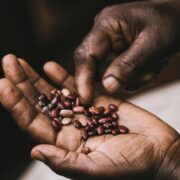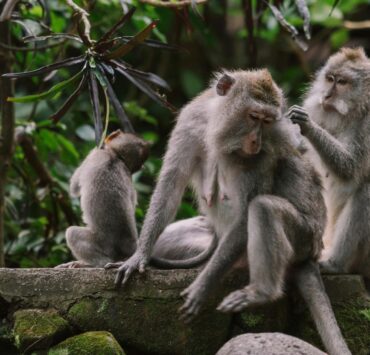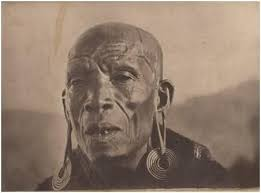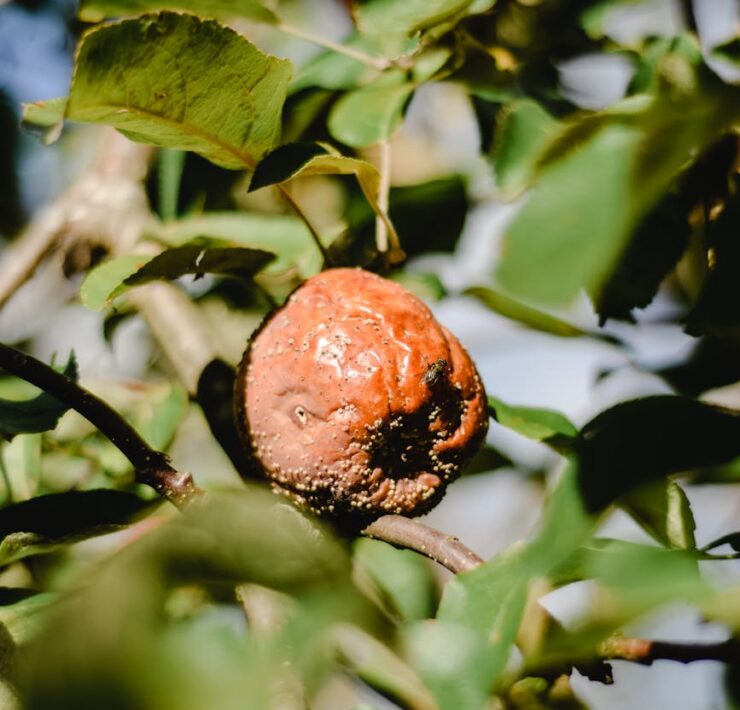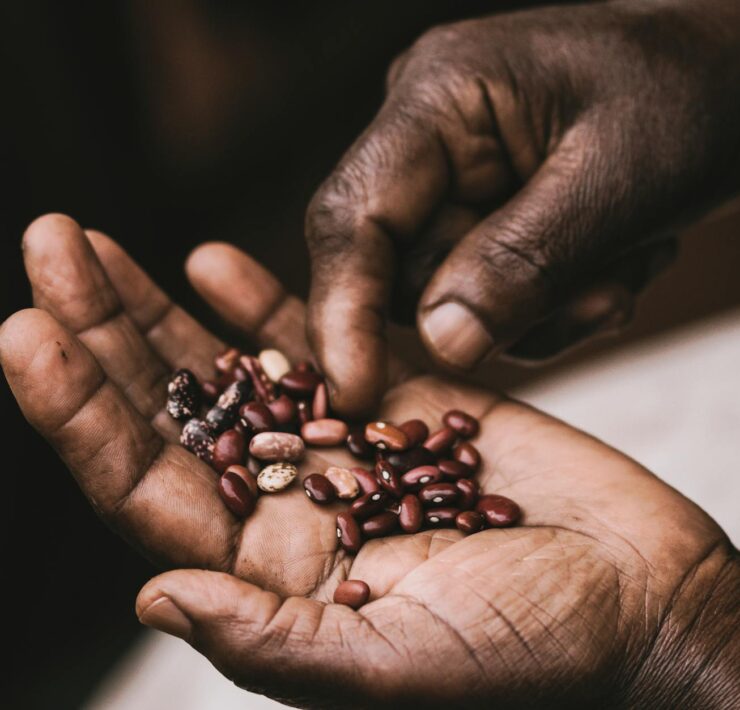Spiritual Kola Nut
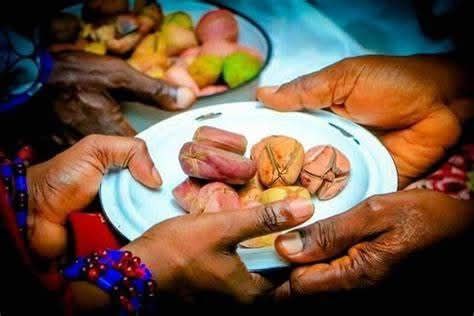
Anselm Adodo is the Director of Africa Centre for Integral…
In the heart of Africa, where traditions breathe life into ceremonies and community bonds, the humble kola nut holds a profound spiritual significance. This cherished nut is more than a snack; it is a symbolic bridge connecting humanity with the divine and with each other.
In its rituals, lessons, and shared wisdom, the kola nut offers deep insights into life and the human condition, serving as a compass guiding us toward wholeness, happiness, and authentic living.
Among many African communities, offering a kola nut is an act of profound hospitality and respect. Breaking the kola nut is an opening ritual, a call to prayer, unity, and reflection. It is often used to invoke blessings, welcome guests, and consecrate communal gatherings. Through its sharing, the kola nut embodies a philosophy of communion—an affirmation that life is best experienced in connection with others.
The simplicity of this act reminds us that small gestures, rooted in genuine care, have the power to transform relationships. Sharing the kola nut signifies inclusion, the dissolution of barriers, and the building of trust, all of which are deeply needed in today’s divided and tumultuous world.
The kola nut teaches profound truths about life and relationships, rooted in the principles of kindness, gratitude, and self-discovery.
Here are some key insights:
1. Happiness Lies in Sharing and Building Others Up
The act of sharing the kola nut is a metaphor for life’s deeper truth: true happiness comes from uplifting others, not tearing them down. Exploiting or belittling others only leads to emptiness. By nurturing compassion and finding joy in others’ successes, we contribute to our collective well-being.
2. Gratitude is the Foundation of Fulfillment
Just as the kola nut ceremony begins with gratitude—thanking ancestors, the land, and the present gathering—we are called to recognize and celebrate the blessings in our own lives. Focusing on what we lack leads to dissatisfaction, but gratitude anchors us in contentment and abundance.
3. Authenticity Brings Freedom
The kola nut ritual reflects the beauty of simplicity and being oneself. Life becomes a frustrating endeavor when we try to please everyone. Instead, embracing authenticity allows us to live with integrity and confidence, free from the weight of others’ expectations.
In today’s world, negativity often overshadows kindness. Criticizing others’ looks, choices, beliefs, and successes has become a pastime in a world hungry for bad news. The kola nut ceremony offers a counter-narrative: what truly matters is how we treat others.
Practicing kindness does not mean sacrificing your well-being—it means understanding that your happiness grows when shared with others. However, being kind requires boundaries; your happiness must not be reliant on the approval or demands of others.
The kola nut ceremony encourages a reflective state of mind. It reminds us that our subconscious, like fertile soil, nurtures whatever thoughts we plant. Feed your mind positivity—health, success, calmness—and you will see these manifest in your life. Be mindful of what you consume, both in words and actions, because what you believe shapes your reality.
Life is not without pain, failure, and fear—these are universal experiences. The breaking of the kola nut, often with prayer for guidance and resilience, is a reminder that challenges are not obstacles but opportunities. Every hardship carries the seed of transformation. In embracing this perspective, we move closer to wisdom and self-actualization.
The kola nut symbolizes the interconnectedness of life, but this connection begins with the self. To love others authentically, you must first love yourself. True love is rooted in self-care and self-respect; sacrificing your happiness for others diminishes rather than strengthens relationships. When you are whole, you bring the best version of yourself to the world.
What's Your Reaction?
Anselm Adodo is the Director of Africa Centre for Integral Research and Development, Nigeria and founder of Arica's foremost herbal research Institute, the Pax Herbal Clinic and Research Laboratories (Paxherbals). His research interest is Phytomedicine, Taxonomy of African medicinal plants, indigenous knowledge systems, rural community development, Africanized economic models, health policy reform, and education transformation in Africa. Apart from publications in journals, magazines, national dailies and peer-reviewed journals, Anselm has written more than ten books. He is an adjunct visiting lecturer at the Institute of African Studies, University of Ibadan, Nigeria, an Adjunct Research Fellow of the Nigerian Institute of Medical Research, a Fellow of the Nigerian Society of Botanists, a Research Associate at the University of Johannesburg, South Africa, and an adjunct professor at Morehouse School of Medicine, Atlanta, Georgia, USA.








